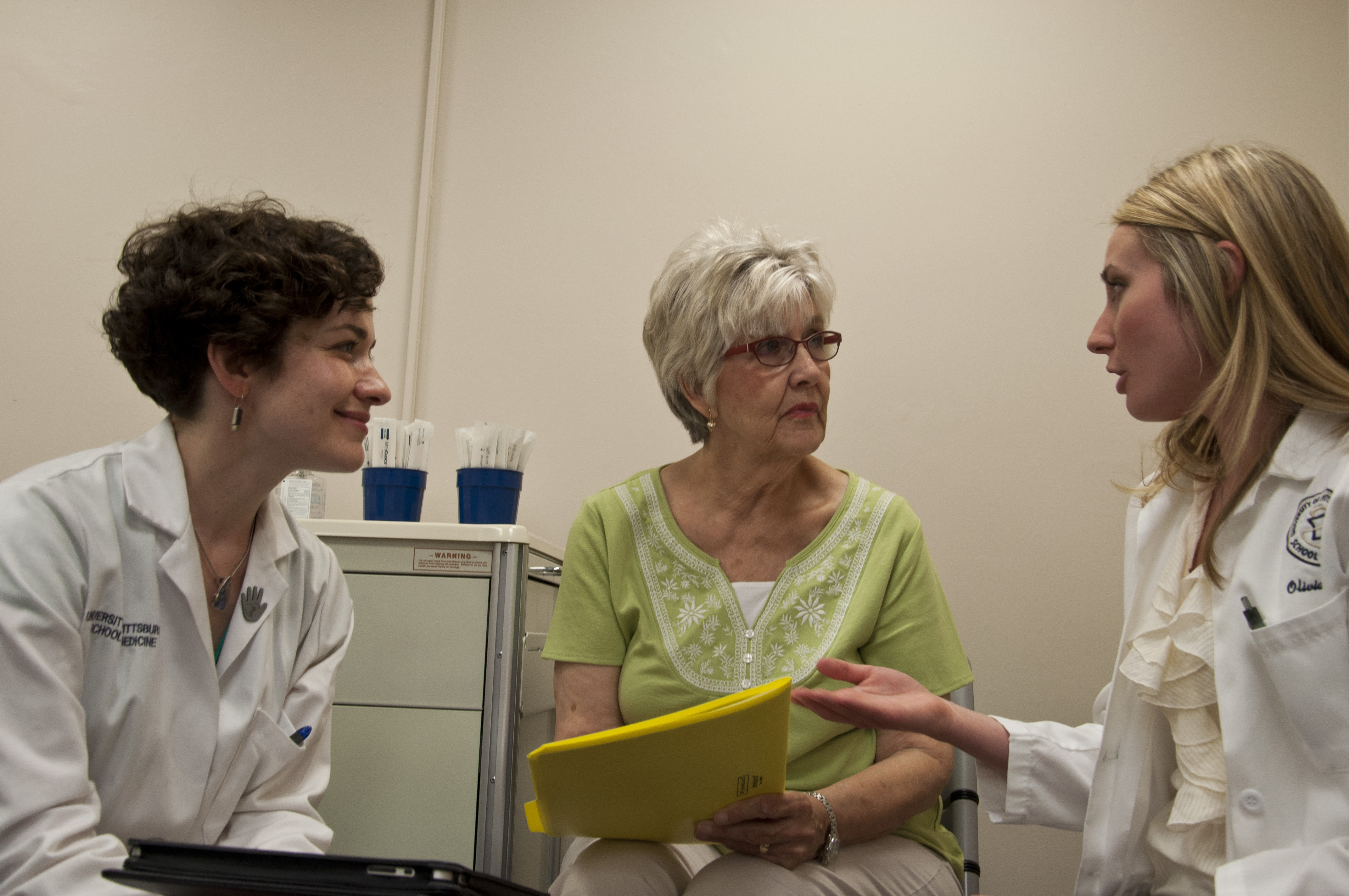
The importance of team-based care is widely recognized in health professions education, so much so that faculty are brushing up on their own teamwork skills. Building upon a previous Macy-funded pilot, the University of Washington (UW)—alongside the University of Missouri-Columbia (MU) and University of Virginia (UVA)—has built a national program to train faculty from different health professions on how to teach and facilitate collaboration and team-based practice among students—by starting with themselves.
Brenda Zierler, PhD, RN, FAAN of the University of Washington and her co-investigator Leslie Hall, MD, Executive Dean at the University of South Carolina School of Medicine, believe that students today won’t understand the importance of working with other health professions unless it is being modeled for them by their mentors—the faculty.
It’s All About the Experience
Now in its second year, the Train-the-Trainer program offers in-person trainings to faculty from across the country, immersing them in the “science of team chemistry.” Teams of at least three faculty members attend one of six sessions hosted each year at either UW, MU or UVA.
Each faculty team that attends must be interprofessional, from two or more different professions, and are encouraged to include leaders from education and practice. Over three and a half days, faculty participate in what Dr. Zierler describes as an “in-depth, experiential learning experience. It begins with a hands-on, interactive team training to learn how to communicate better as a group, build trust, and value one-another.
“From LEGO building exercises to role playing and simulated scenarios, small teams work across their disciplinary silos to build communication skills,” explains Dr. Zierler. “It’s easy enough to teach the content, but what we are striving for here is that faculty not only learn new skills, they practice them. This helps them walk away with a deeper understanding of what it really means to work together.”
Before teams even enter the workshop, they complete personality tools that each training site administers. This helps the centers’ assess individual traits and structure many of the exercises.
One of the most successful exercises Dr. Zierler and her colleagues lead relates to how individuals manage conflict. Knowing how each person prefers to handle conflict and communication helps the sites understand how well each person will work on a team, or what special scenarios might be needed to ensure a healthy dialogue.
During the training, each team also starts to think about new team-based programs they’d like to incorporate at their own institutions.
After the in-person training is complete, teams are coached quarterly for one additional year via webinars and check-ins with faculty and staff from the host site (e.g. UW, MU, UVA). Teams also check in with each other and present on progress and lessons learned and share resources, creating a robust learning community.
“When faculty leave the workshop the work is far from done,” Dr. Zierler said. “Our goal is to help the teams that came to the training go back and lead team-based training at their own institutions. We check in with them on a regular basis to see how the projects are progressing and how best to evaluate impact. The training is a win-win for them and their home institutions.”
Plans for the Future
To date, close to 200 people have gone through the Train-the-Trainer program. Dr. Zierler and her team continue to refine the program and build upon what’s working.
One of the teams that went through training in 2016 has developed its own faculty development institute and is conducting trainings for other colleagues based on what they learned. The institute has proven so successful that other schools in their home state of Texas are participating through a new state task force.
Dr. Zierler and her team also have their sights set on creating a framework for a national IPE curriculum, one that other schools can use and replicate
“At the end of the day, our faculty development program is about improving patient safety,’’ Dr. Zierler explained. “One of the leading causes of medical errors today is lack of communication. Health professionals aren’t talking to each other and communication across the professions, if not done well, causes harm to the patient.”